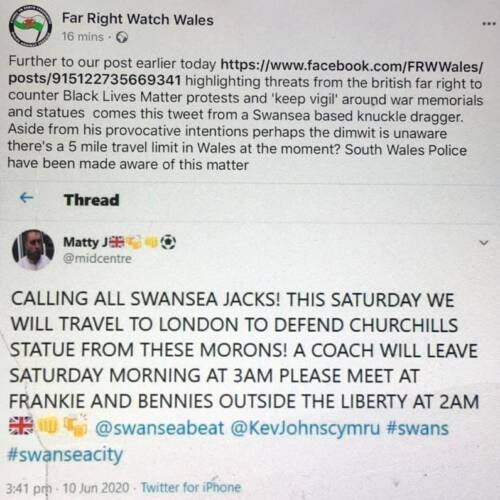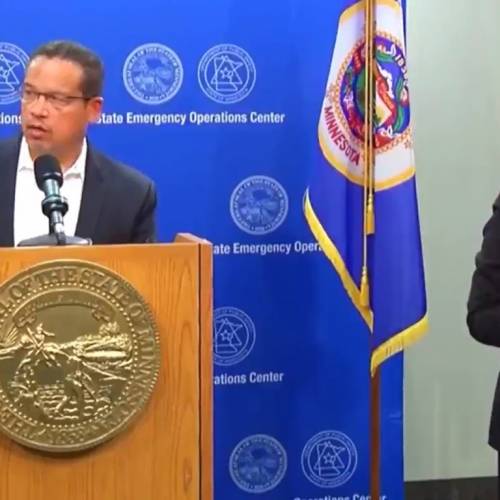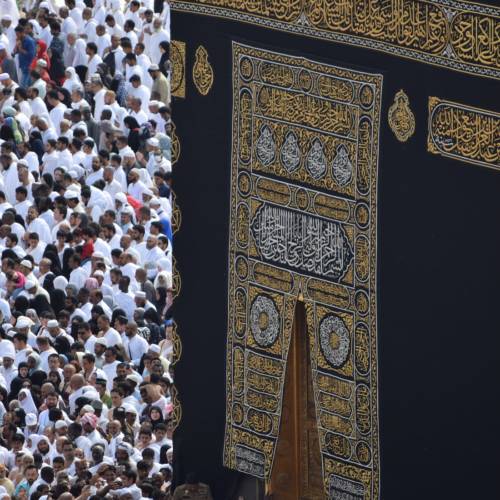
Saudi Cleric Criticised After Claiming Protesting Is Forbidden in Islam
02 Jun 2020A prominent Saudi cleric became the target of heavy criticism on social media after claiming that protesting is prohibited under Islam. The cleric, Sheikh Assim al-Hakeem, was asked the question about protesting in reference to the on-going protests in the US in relation to the recent killing of George Floyd in Minneapolis.
The Jeddah-based cleric, who has some 161,500 followers on Twitter, was bombarded with criticisms with not just ordinary Muslims users but also scholars who cited texts of the Holy Qur’an, hadiths and other sources while highlighting Islam’s own history of protest movements. Many users accused al-Hakeem for twisting Islam to justify the Saudi government’s intolerance of protests.
“It is not permissible to protest in Islam”
Sheikh Assim al-Hakeem made his comment on the role of protests in Islam when he was asked by a user on whether Muslims should support the on-going protests in the US city of Minneapolis and other parts of the country. The Sheikh, who regularly takes questions on Twitter, issued a simple, curt reply, saying that Islam does not permit protests.
Many users voiced objections to the Sheikh’s interpretation
Sheikh al-Hakeem’s response came under immediate criticism from many users, including prominent Muslim voices who noted that Islam itself teaches Muslims to stand against injustice, even if it comes from one’s own family.
Numerous hadiths and quotes were also referenced in the responses, including one where the Prophet (PBUH) said that; “Whosoever of you sees an evil action, let him change it with his hand; and if he is not able to do so, then with his tongue; and if he is not able to do so, then with his heart—and that is the weakest of faith”.
For many, for many of the respondents, the Sheikh’s proclamations went against the very foundations of Islam.
Meanwhile, others have pointed out that Saudi Arabia’s own history is built on protests and revolts against the Ottoman Empire, as well as many other Muslim Arab countries who were also established through anti-colonial struggles. Others have pointed out that many Muslims, to this day, are protesting against repression in their own countries.
The Sheikh has responded to these comments with a longer video, justifying his position in claiming that protests are not part of Islam and rejecting that the Prophet (PBUH) himself had opposed protests even during Islam’s first days. He claimed that similar comparisons to Prophets Moses and Abraham were not permissible as they were messengers, not common people. He further claimed that the protesters in the US had been violent.
The Sheikh’s response was less about Islam and more about Saudi Arabia
A number of users have pointed out that the Sheikh seemed to be responding not from a position of Islam but from a position of a Saudi authority. They pointed out that the cleric’s position is consistent with the “quietist” branch of Salafist Islam which opposes political activism and participation. Although the quietist branch is not supported on an official capacity in Saudi Arabia, many activists have accused the country of discouraging political activism in the country on quietist grounds.
Thus, the Sheikh’s response, although seemingly unrelated to Saudi politics, seemed to holding Saudi sensibilities in mind at a time the country is facing significant changes and challenges.
Many Muslims who are active in the US protest movement or supportive of it have, unsurprisingly, dismissed the Sheikh’s proclamation.















